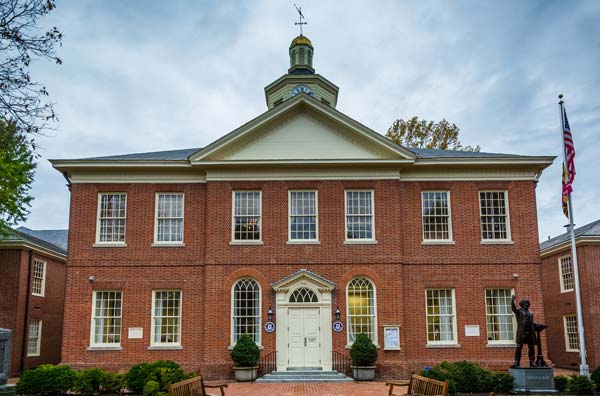According to recent data, about 100,000 motor vehicle accidents happen in Maryland annually. Sharing excessive personal information on social media can have negative consequences. It could be best to avoid social media if you were recently involved in a car accident, as anything posted can become part of the investigation and compensation since it is public knowledge.
When social media becomes a problem
One crucial aspect after car accidents involves proving who was at fault. If you were at fault and posted about it on social media, another party can use this evidence against you. Another problematic situation is posting about post-accident injuries and degrading comments about their degree. Someone that claims extensive damage after an accident while posting pictures of a shopping spree questions their legitimacy. Even posting content you assume doesn’t involve post-accident details could indicate otherwise.
All it takes is your name and a quick search to view your public profile on social media, especially if you do not restrict who can see your posts. When another party uses this evidence against you, it could reduce your chance of receiving compensation. Social media data can sometimes reverse who is responsible for a motor vehicle accident when used in court as evidence.
The false security of private accounts
With the prevalence of social media, you likely have one or more personal accounts that you keep private. It can be alarming how a single fake social media account or an individual with a grudge against you can easily access information that you believe to be private.
Given the popularity and accessibility of social media, individuals may face the temptation to overshare personal information online. While legalities and rules vary by state about collecting internet-based evidence, avoid these risks by keeping post-accident information off social media.

